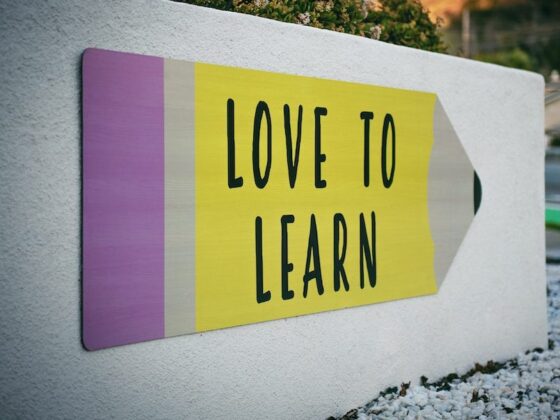I founded ThinkStretch because the effects of summer learning loss were apparent. I saw first-hand students work hard all year only to lose learned skills over the summer. I was thrilled to see that, of late, summer learning loss has gained greater amounts of attention both in the school systems as well as in the press. Unfortunately, much of the discussion around summer learning loss and its negative effects on students fails to distinguish between academic remediation and maintenance over the summer.
Because of this, I’ve decided to write a blog post, broken into two parts, highlighting the differences between the two options, providing a better understanding of how skill maintenance programs can help to prevent the effects of summer learning loss.
In Part I, I will discuss the main differences between summer remediation programs and summer skill maintenance programs.
Summer skill maintenance programs focus on the practice of a broad set of academic skills in a non-traditional educational setting. Students use and practice mastered skills with the goal of returning to school confident and prepared to learn new material. Students absorb the message that “learning never stops” and dependence on academic remediation programs declines. Summer programs focused on skill maintenance offer a combination of academic and enrichment opportunities often offering a combination of indoor and outdoor activities and can be implemented strictly as a take-home program from schools.
Because summer remediation addresses gaps in student learning, they often have a restricted focus on a small set of academic skills, typically reading intervention and math. Remediation is a backward looking approach, focusing on those students who weren’t able to learn what was taught during the school year. Academic remediation needs are pervasive in low performing schools often characterized by high poverty levels, and students can find themselves needing remediation classes year after year. This can create a vicious cycle when not coupled with a skill maintenance approach.
Cycles of summer remediation that are not paired with skill maintenance in the intervening summers do not show sustained academic gains for students. Many schools offer intervention prior to 3rd grade, as our nation proliferates “3rd grade reading guarantees.” However, inexpensive, well implemented summer reading programs from Kindergarten to 3rd grade can stop the regression of nearly six months – or nearly 2/3 of a grade level – of reading skill loss.
As an education system – parents, schools and community – we need to focus on maintaining student skills over the summer, in addition to remediating skill losses. By maintaining school year skills every summer, the need for remediation due to predictable summer skill loss will be much lower and less costly. Remediation will always have a role for students who have not mastered skills during the school year, and the solutions to these issues are complex and focus on the classroom during the school year – not the summer.





